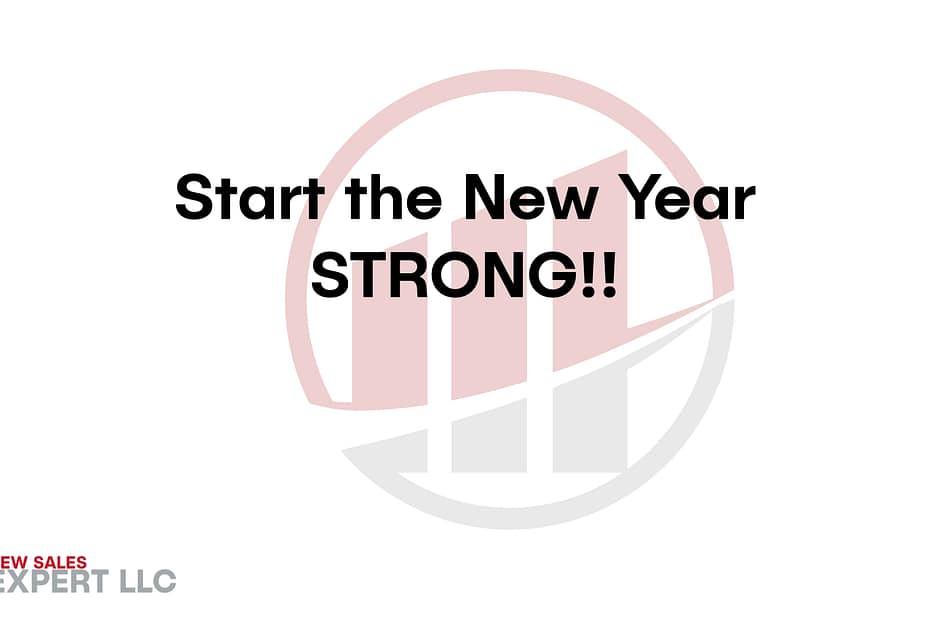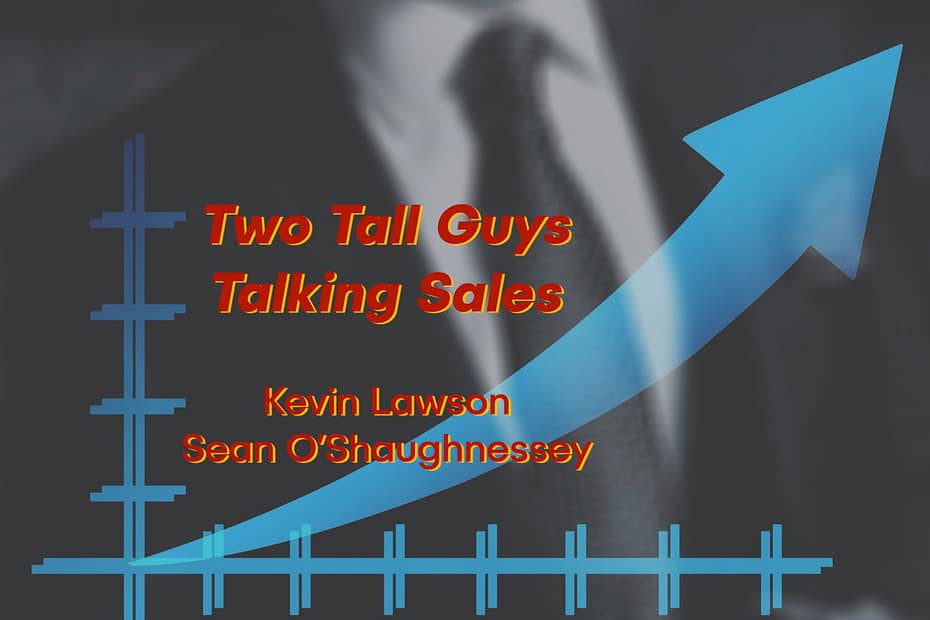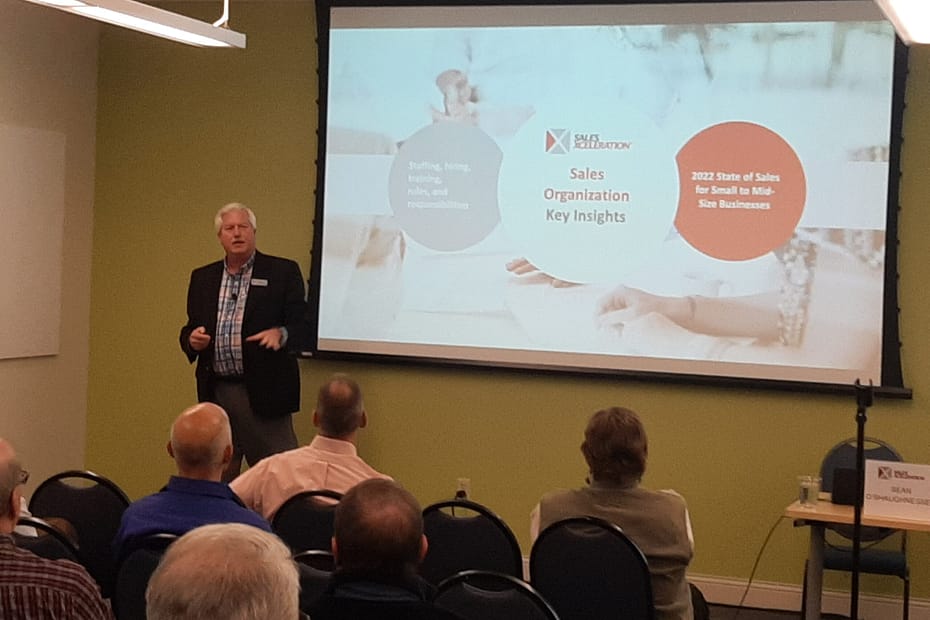Tip #2 of 12 – How To Start The New Year STRONG! – Set a big goal for the year ahead
We have all heard of the 12 days of Christmas. This post is part of my series of 12 posts on how to strongly start the new year and drive revenue for your company and you. In this video, we discuss the following: GOALS MATTER! Always start the New Year committed to making 100% of your quota! In fact, you should set a goal of OVER 100% of your quota! You can check out all… Tip #2 of 12 – How To Start The New Year STRONG! – Set a big goal for the year ahead



